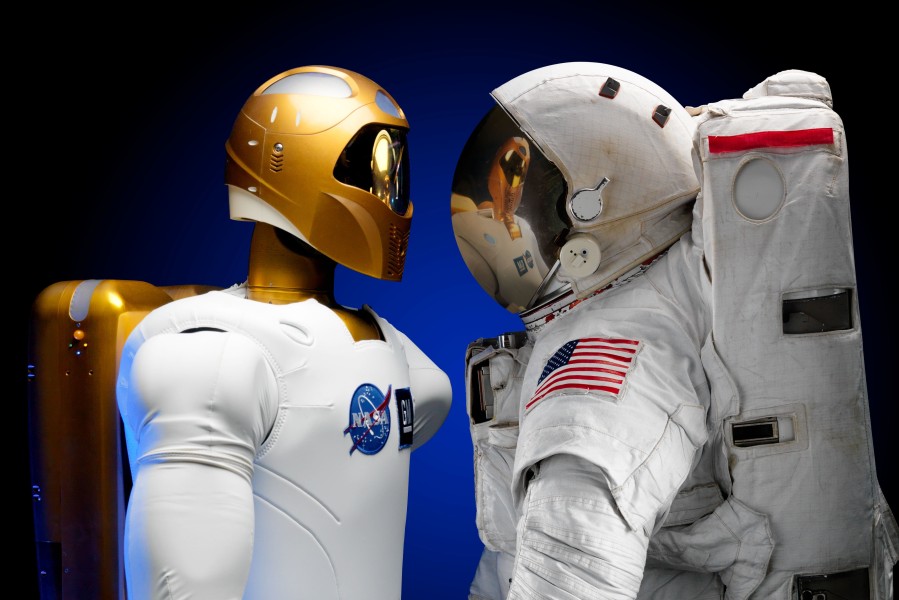Nick Jankel

Cambridge-educated thought leader and keynote speaker, Nick develops highly-original ideas and powerful tools to ensure people across the planet can transform themselves, their enterprises, and their systems to thrive in a disrupted, digital, and stressed world. His advanced methodology, The Switch On Way, provides a rigorous brain-based pathway for unlocking the power of transformation. It includes a transformational leadership curriculum, disruptive innovation and systemic change methodology and 90+ proprietary tools and practices for transforming people and their problems. It covers: Purposeful, Conscious, Systemic, Creative, Inspirational & Collaborative Leadership (incl. storytelling & agility). Through his transformational leadership programs and leadership futurism, Nick has advised organisations like Novartis, Nike, No.10 Downing Street, Kelloggs, Genentech, Intel, lendlease, HSBC and Unilever, helping them engage with the "triple threat" of global risks, 4th Industrial Revolution tech (AI, Blockchain, IoT) and seismic cultural changes. At the pinnacle of leadership thinking he has spoken at LEGO, SAP, Google, The Economist Innovation Summit; taught at LBS, Yale, UCLA, Oxford, SciencesPo, UCL; and written for the FT and RSA. He co-wrote an academic paper on innovation which is in top 1% of citations. Through his personal transformation books, TV shows (BBC, MTV), workshops, and products he has inspired over 3 million people worldwide to evolve their consciousness and transform life, love and parenting. A pioneering wisdom philosopher, he has spoken at Aspen Ideas Fest, TOA, Science Foo, Science of Consciousness, BBC World Service, CBS, The Daily Mail, The Sunday Times, The Guardian and many more. Nick has a Triple 1st in Medicine & Philosophy from Cambridge University, has been a purposeful entrepreneur from age 24, and is the author: “The Book of Breakthrough”, the international bestseller "Switch On", and "Spiritual Atheist" (2018).

It's crucial that organizations address societal challenges to protect, sustainably manage, and restore natural and modified ecosystems.

What happens when AI-enabled services like ChatGPT are as smart as we are?

Changing your leadership style during a midlife crisis will allow you to scale your involvement so that your management remains effective.

As we all deal with relentless adversity, discover nine evidence-based methods—science-driven yet wisdom-wired—for generating the liquid ‘bounce-backness’ you need to flourish in our intense times.

Right now, as you read this, depression is the single greatest burden on health worldwide.

In my 20s I ran a top-flight strategy and innovation consultancy. My business partner and I, with our fast-growing team, worked with C-Suite executives from over one hundred Fortune 500 and FTSE 100 companies to help them grapple with the digital and disrupted world and innovate the business models of the future.

Right now, as you read this, depression is the single greatest burden on health worldwide. Suicide kills more people than war and natural catastrophes put together. Anxiety is the fastest-growing illness in teens. Middle-aged people are dying from “deaths of despair’ and 40% of US adults say they are lonely, up from 20% in the 1980s. Loneliness is twice as dangerous as obesity to health. In some post-industrial towns in the West, there are half the jobs of a century ago. Wage stagnation in the West has meant that, for the first time in human history, many children will not out-earn their parents, driving deep dissatisfaction with the current social contract as well as mass populism: one quarter of all Europeans voting for a populist far-right party in the last elections.

Perhaps the most compelling and crucial question at the heart of our present day anxieties about the rise of Artificial Intelligence is this: will machines ever be creative, compassionate, and wise and so transcend our capabilities as leaders (whether leaders of enterprises, systems, families or simply our own lives)?

I spent a month ago with the President and top 150 of a major FMCG company. I was there as part of a culture change and leadership development program to promote more agility. Like most organizations, this one has realized that the external world is changing faster than they can adapt. The resultant lack of fit between products, processes and people and the customers they are there to serve causes fails: Underperformance, massive efforts for marginal gains, difficulties attracting the best talent and a drop in relevance.
By visiting our website you agree that we are using cookies to ensure you to get the best experience.
We use cookies to ensure you to get the best experience on our website. If you decline the use of cookies, this website may not function as expected.
Tools used to analyze the data to measure the effectiveness of a website and to understand how it works.